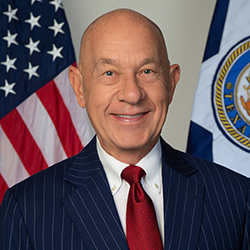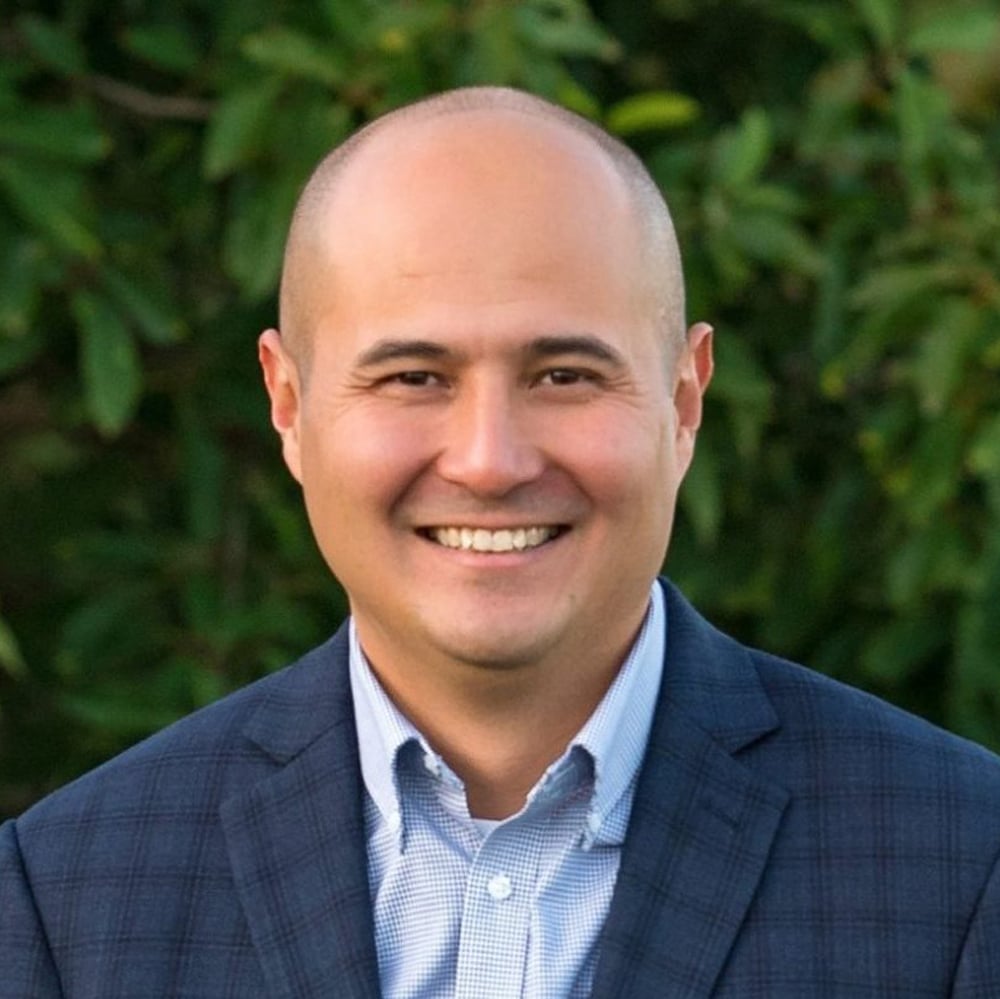
PREVIOUSLY:
State offices
Harris County offices
Senate
As noted, we’re still doing the Congressional reports separately until we winnow down the fields. The October 2023 reports are here, the July reports for both Congress and Senate are here, and the April reports for both are here.
Sandeep Srivastava – CD03
John Love – CD06
Lizzie Fletcher – CD07
Pervez Agwan – CD07
Michelle Vallejo – CD15
Sheila Jackson Lee – CD18
Amanda Edwards – CD18
Isaiah Martin – CD18
Francine Ly – CD24
Sam Eppler – CD24
Julie Johnson – CD32
Brian Williams – CD32
Alex Cornwallis – CD32
Justin Moore – CD32
Callie Butcher – CD32
Raja Chaudhry – CD32
Melissa McDonough – CD38
Gion Thomas – CD38
Dist Name Raised Spent Loans On Hand
============================================================
03 Srivastava 283,425 204,406 543,233 82,611
06 Love 30,570 15,175 0 16,048
07 Fletcher 1,289,340 606,949 0 2,004,097
07 Agwan 1,151,062 1,052,034 0 99,027
15 Vallejo 520,325 305,781 100,000 226,261
18 Jackson Lee 77,163 224,990 0 223,483
18 Edwards 1,308,195 452,419 0 855,776
18 Martin 375,006 144,934 0 230,072
24 Ly 61,557 60,079 7,653 811
24 Eppler 274,499 203,996 0 70,502
32 Johnson 1,066,084 492,626 0 573,458
32 Williams 982,441 439,010 0 543,430
32 Cornwallis 106,097 36,599 104,350 71,131
32 Moore 157,720 149,044 17,035 8,675
32 Butcher 121,477 120,336 46,182 1,190
32 Chaudhry 0 39,148 305,350 266,201
38 McDonough 74,553 71,546 61,974 4,787
38 Thomas 9,828 8,666 10,927 1,162
Sandeep Srivastava has less money raised on this report than he did in October. I think that may be because some of what had been actually loan money is now not being counted as having been raised, but I’m just guessing. It’s either that or something weird is going on. Also, the issue of how loan money is accounted for will come up again later.
Pervez Agwan has raised a ton of money and has been spending it nearly as quickly. I can’t say that spending has been visible to me other than in the form of campaign signs, mostly on non-residential properties, but I don’t live in CD07. Per Daily Kos, Rep. Fletcher has a new ad out, but it too has not been visible to me. Anyone in CD07, what are you seeing from these campaigns?
Michelle Vallejo has been added to the DCCC Red to Blue campaign, so expect to see her fundraising totals go up. She has an opponent in her primary who has reported raising no money so far.
On the one hand, Rep. Sheila Jackson Lee has a shockingly small amount of money raised so far – I mean, she’s an incumbent in a highly contested primary. On the other hand, she only declared her candidacy for re-election on December 10, so she’s had just three weeks at Christmastime to raise any money. It’s fair to say she has enough name ID to not sweat this too much. I do live in CD18 and I’m seeing a handful of Amanda Edwards yard signs in my neighborhood, but my neighborhood is not at all typical for CD18. Take that for what it’s worth. Note that Isaiah Martin did raise and spend some money before he dropped out and endorsed SJL. There is a third candidate in this race, who has also not reported raising any money.
I’m not following Rep. Henry Cuellar anymore, since he didn’t draw a primary opponent and I don’t expect him to be seriously challenged. Rep. Vicente Gonzalez has a serious Republican challenger, the same person who had won the special election for CD34 in 2022, but he beat her easily enough in November 2022 and I doubt this will be an easier cycle for her, especially as a non-incumbent. If anything changes in these races I’ll add them back in, but don’t count on it.
State Rep. Rhetta Bowers dropped out of CD32 to run for re-election in the Lege. Raja Chaudhry is a new entrant, and his report showed that $305,350 as having been raised, but a closer look showed it was actually all loan. Because that was easy enough to separate out I did so, but several candidates who show loans on their reports, including both candidates in CD38, seem to count loan totals towards their amount raised. I made that change in Chaudhry’s case because it was so easy to do, but note that going forward for candidates who also report significant loan totals.
As I did in 2018, I may add in other races if their candidates appear to be generating some interest. For now, this is what we have.

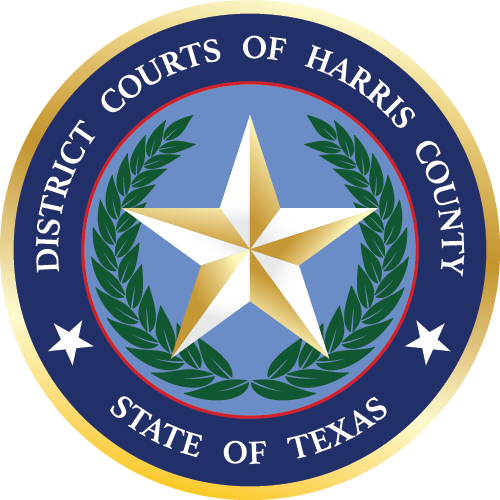





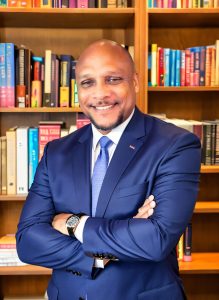



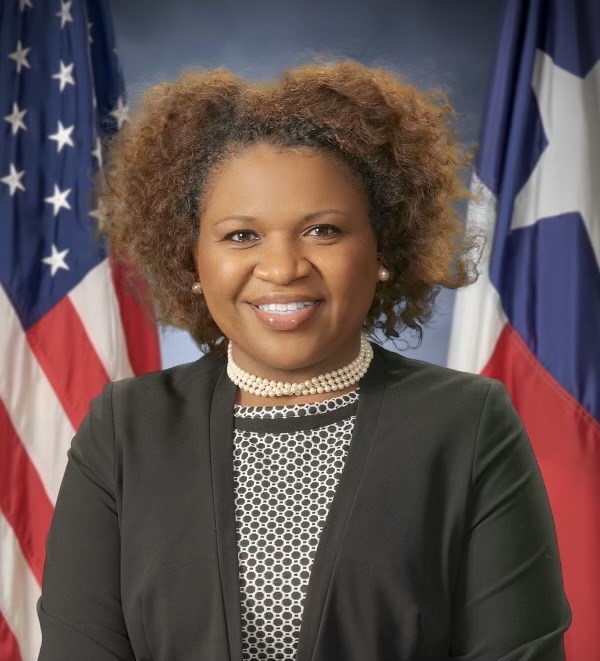
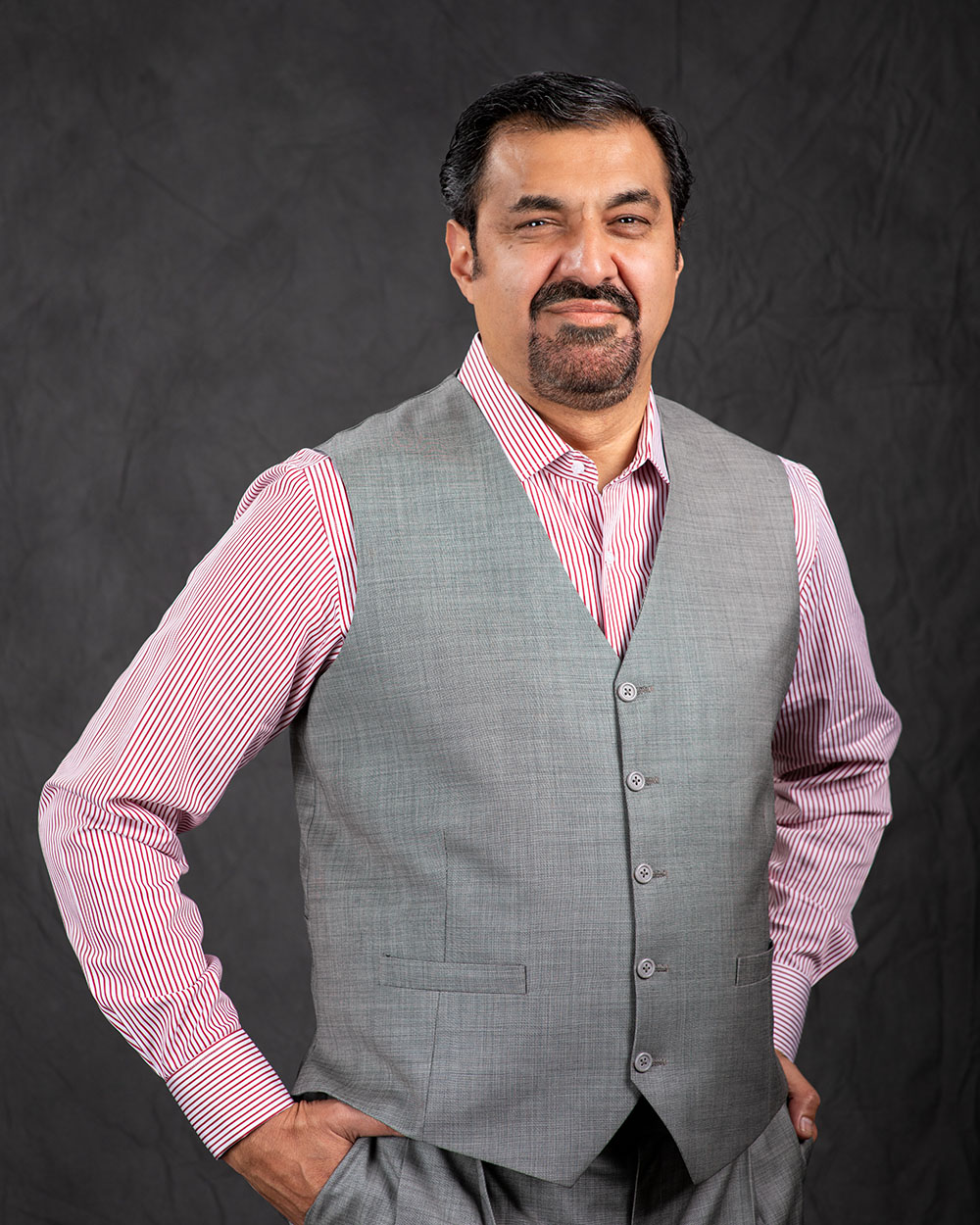

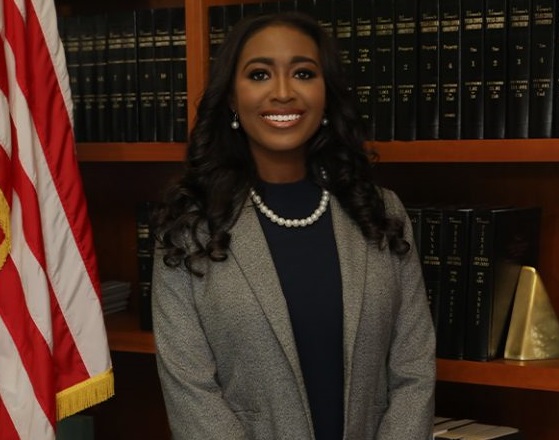

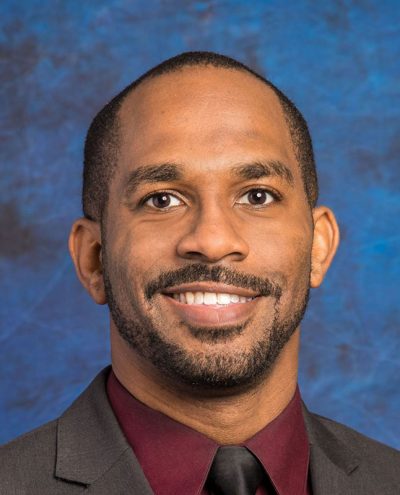

:quality(70)/https://static.texastribune.org/media/files/d02f2511ee20f76c1b133f78550ec642/09_exc.png)

